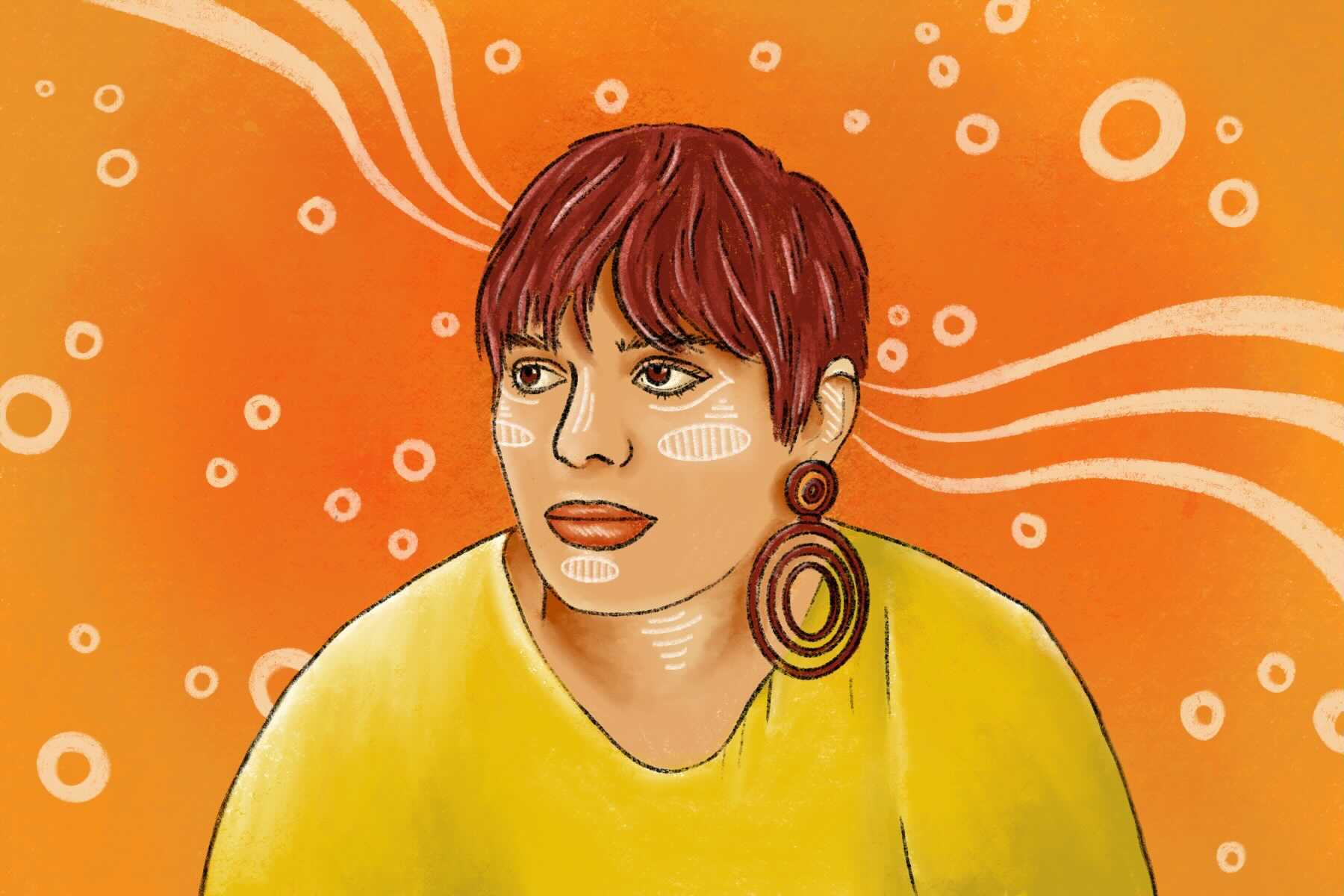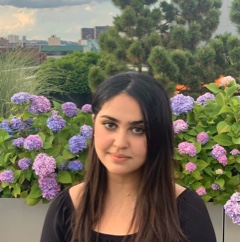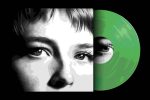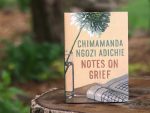Abbey Smith, known by her stage name Yebba, has recently taken another step toward her debut album’s release by putting out the single “October Sky.” The song is a beautifully nuanced narrative that showcases not only Yebba’s musical creativity but also her intelligence as an artist. With the release of this song, she has solidified her credibility in the industry as a musician, but also as a songwriter, leaving audiences with high expectations for her debut album, “Dawn,” which is scheduled for September 2021.
“October Sky” starts off with breathy vocals that immediately create a sense of intimacy. Yebba’s voice is naturally one that carries a heavy tone and has a certain jazz-inspired sound to it. Combined with the breathiness, her vocals create a quasi-auditory cocoon that pushes that aforementioned sense of intimacy to the forefront of the listening experience. The flow of the song creates a familiarity with the listener. Although you are listening to an extremely public piece of vulnerability, it somehow feels distinctly private. It’s the equivalent of being on FaceTime with a friend and hearing them tell a story, albeit in a much more melodic, pitch-perfect cadence than your friend presumably would.
As the chorus pulls in, Yebba’s vocals continue to stun. One thing to note about Yebba is that she is extremely intentional as a musician, so every riff, vocal fry or belt is carefully placed into her music. When she sings “October sky,” the titular phrase, her riff is so smooth and well-executed that it would be overwhelming if it wasn’t so impressive. It’s almost as if she decided, “I’m just going to sing every note possible and it’s going to sound great,” and the world was fortunate enough to hear it. She repeats this riff in her second verse on the word “high,” isolating the word and thus placing a great deal of emphasis on it. It is through techniques like this that Yebba shows just how musically savvy she is, even beyond her raw talent.
Apart from its musical aspect, “October Sky” holds some incredible songwriting — respectfully and gently targeting difficult topics such as loss and grief. Yebba has previously been open and vulnerable about losing her mother to suicide a few years ago and the lyrics of “October Sky” appear to be a narrative reflection of that loss. She starts off the ballad singing, “Well, she slid down the hall in her socks and yelled, ‘Come outside’ / So we fell through the door like the autumn leaves / And I wrestled my brother down to his knees.” These phrases act as weapons of nostalgia. Sentimentality and childlike innocence come along with the imagery she provides, but it’s a double-edged sword because it is juxtaposed with this heavy theme of grief.
Her diction through these lyrics is very present, very in the moment — which serves to balance the chorus where she describes seeing her relationship with her mother through photographs. She sings, “There’s a picture of us / Hidden in a layer of dust / On the mantle / Right by my cigarettes that I smoke since you left.” It is such a striking picture to paint — cigarettes next to these dust-covered photographs of the reason she started smoking. She seems to use the private domesticity of the first verse and chorus to contrast her second verse.
The second verse acts as the second chapter of her coming-of-age narrative, depicting adulthood in a much more exposed public environment. Yebba describes feeling almost small, despite no longer being a child. She details, “Now I work in the city and I blend into the crowd / But I’m missin’ my mama, so I stand on the street and get high.” These lyrics describe a busy, urban environment where she is simply one person in a crowd of hundreds. Combined with the loss of her mother, this lifestyle leaves her feeling more desolate than ever.
Yebba is able to capture this greater sense of isolation in the aftermath of loss without directly mentioning it, which is incredibly difficult to do. These gutting lyrics and themes act as intrusive elements in the ecosystem that she’s built with her soft, almost tentative vocals. Yebba also introduces more percussion and musical intensity to this verse, an audible reflection of life in an urban jungle. It’s a perfect portrait to parallel the inner turmoil and conflict of grief, once again speaking to her musical prowess.
This prowess does not end with the studio release of her record. Shortly after she dropped “October Sky,” Yebba also recorded a live version. The video shows Yebba and her guitarist in an open field in Memphis, Arkansas, with the sunrise framing their performance. Yebba’s choice of location is not an accident, but instead a reflection of one of her final lyrics of the song. She sings, “And as I go back home to Memphis / I remember days that I / I was outside shootin’ rockets / Almost as high, high.” To retreat to her hometown, the place where her first verse started, and to take her audience with her gives even more life to the piece.
The visual of the sunrise in the video aligns with the song’s spirit perfectly. The sky starts off gloomy and dark before lightening as the lyrics shift more toward acceptance. It’s a move with genuine artistic integrity, providing tangible, visual proof that her song isn’t filled with hollow experiences. Yebba has created a safe space — a home for those whose loss has made them feel alone — and she does it through this song.
With “October Sky,” Yebba has proven herself to be so much more than a musician. She’s a storyteller, an artist, a poet and a musical academic. She has taken a theme that is burdened with so much poignancy and created gentle comfort from it. It’s a lullaby meant to assure that grief is normal, difficult and isolating — and that’s all right. It normalizes and provides an acoustic allay for the pain of grief without glamorizing or dismissing it. Those interspersed memories are a testament to the musical acumen that Yebba shows in “October Sky,” and it’s this emotional subtlety, skill and perception that makes Yebba an artist to look out for.

















